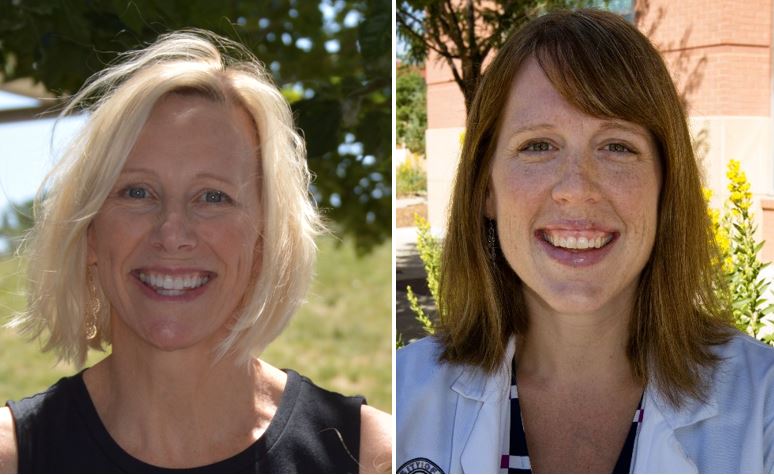You are preparing to discharge Mrs. Z. She is an 86 yo retired nurse who underwent R hemiparthroplasty after a fall. Her post-operative course was complicated by mild delirium, anemia and a stage I sacral pressure injury. She is on Tylenol for pain, labs are stable and she is participating with PT/OT. The discharge planner asks if you think she should go home with Home Health or to a skilled nursing facility (SNF).
When you have a patient who is stabilizing medically, but needs additional post-acute care support, a few questions run through your mind:
How do you match post-acute care to their needs?
How do you set up patients, caregivers and post-acute care clinicians for success?
What are the challenges that post-acute care clinicians have that hospitalists can help address?
How can we optimize the transition for patients discharging from the hospital to the post-acute setting?
These are a few of the questions we are planning to discuss at our session at Hospital Medicine 2020 (HM20), “Eight Things Hospitalists Need to Know about Post-Acute Care.”
Post-acute care can broadly be defined as services that patients receive after an acute care hospital stay that promote rehabilitation and may include care provided in a facility or at home. Post-acute care settings include long-term acute care hospitals, acute inpatient rehabilitation facilities, skilled nursing facilities, hospice care and home health care settings. Based on recent estimates, a majority of post-acute care is provided in the skilled nursing facility and home health care settings, which will be the focus of our session.
Through a combination of a patient case study and audience questions, we will discuss what it means to receive skilled services both in nursing facilities and home health care. For example, how do patients qualify to receive skilled services? How frequently do patients see physicians or receive nursing and therapies in post-acute care? What services are available in the post-acute setting? Which patients do not do well in post-acute care?
We will also discuss what can be done well in these settings, including goals of care discussions, reducing polypharmacy and education for patients, family and caregivers. Post-acute care can provide an excellent opportunity to partner with colleagues in other disciplines, such as social work, physical therapy, occupational therapy, speech therapy, nursing and case management, to maximize patient independence and functional status.
This session will help attendees better understand the essentials of care in post-acute settings to help patients transition seamlessly from the hospital to post-acute care. We also aim to help attendees identify which patients might be appropriate for skilled nursing facility versus home health care. Finally, we aim to increase the understanding of patients, caregivers, and post-acute care clinician experiences going through post-acute care transitions and improve knowledge about what types of information are most critical for post-acute care providers as they take over the care of recently-hospitalized patients.
We hope to see you on Saturday, April 18 at 9:50 a.m. for our session! Mark your calendars now, and don’t forget to register for HM20 if you haven’t already at shmannualconference.org.



Leave A Comment